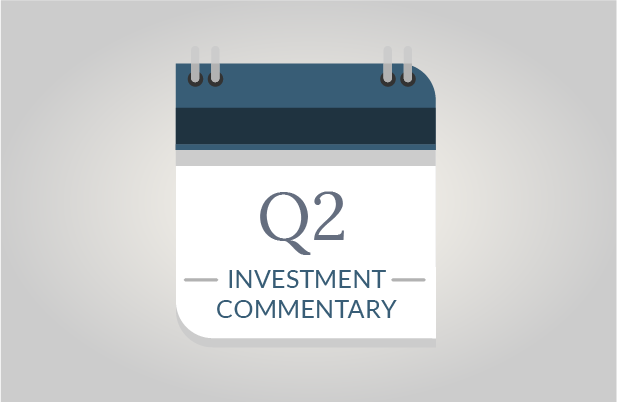Careful tax planning is always important to ensure you don’t miss financial opportunities. Strategic tax planning this year could be especially critical given the potential for tax changes.
The Biden administration has floated reform proposals to increase taxes in a number of ways. We might face tax changes before year-end, they could happen in 2022, or they might not happen at all.
We discuss how to approach tax planning given the level of uncertainty to ensure you’re prepared to make wise decisions before year-end.
Potential Tax Changes
Proposed tax reform changes have varied, but the current key points include the following:
- Raising top income rate from 37% to 39.6%.
- Taxing capital gains and qualified dividends at a top marginal rate of 39.6% (up from 20%) for taxpayers with taxable income over $1 million.
- Taxing unrealized capital gains above $1 million at death.
- Imposing additional taxes of 3.8% to active pass-through business income over $400,000.
- Increasing the domestic corporate tax rate to 28% (up from 21%).
Possible Year-End Tax Strategies to Consider
Strategies to consider this year include a number of traditional approaches, plus some alternative options, particularly if there’s strong potential for tax reform in 2022 or beyond.
Key traditional strategies that we always explore include the following:
- Tax Deferred Retirement Plan Contributions: Maximizing contributions to retirement plans can improve your current year tax planning and future year retirement planning.
- Capital Gains: Strategic planning on capital gains can help to take advantage of tax-free gains or avert undesirable tax impacts.
- Roth IRA Conversions: Elective Roth IRA conversions can help to reduce future tax burdens.
- Charitable Giving: Strategic charitable giving can benefit organizations and help to reduce your taxable income. Careful planning might be required with new higher standard deductions.
- Required Minimum Distributions (RMDs): RMDs are mandatory in 2021. If you’re age 70 ½ or older, qualified charitable distributions (QCDs) might be the best strategy for charitable intents.
- College Account Contributions: Certain college savings contributions could help to reduce your taxable income for the benefit of children, grandchildren or other family members.
- Family Gifts: Elective lifetime gifts might be appropriate to reduce your future estate tax burden.
- Estimated Tax Payments: Estimated tax payments may be necessary to avert tax penalties and interest.
Strategies of particular interest this year relative to potential tax changes include:
- Elective Capital Gain Realization: Potential changes in capital gain taxes realized during lifetime and potentially imposed upon assets at death could warrant elective capital gain realization. This is particularly worthy of consideration if your capital gain taxes might be less this year than if deferred into the future.
- Roth IRA Conversions: An elective Roth IRA conversion might make sense if you can pay taxes at a lower rate now than the rate you will pay in the future, particularly when RMDs commence at age 72.
- Family Gifts: Individuals potentially facing estate taxes and/or who hold significant capital gains in their assets might wish to consider gifting assets during lifetime. Historically, it’s been best to gift assets with high cost basis (or low embedded capital gains). However, the potential for capital gains to be taxed at death could make lifetime gifts of appreciated assets more attractive.
- Note: It’s important to remember that the current estate tax exemption of $11.7 million per person is set to reduce to $5 million in 2026 without any further tax changes.
Year-End Efforts and Timing
Year-end tax planning season is typically busy for most professionals, and it could be busier than normal this year. This extends to accountants, financial advisors, attorneys, account custodians and others. It’s important to relay any financial updates to your advisors in advance of year-end to ensure everyone has adequate time to evaluate, discuss, and act.
SageVest is committed to helping identify proactive planning strategies toward your current and future financial goals. Tax planning strategies are just one element of our broader services extended on your behalf.




